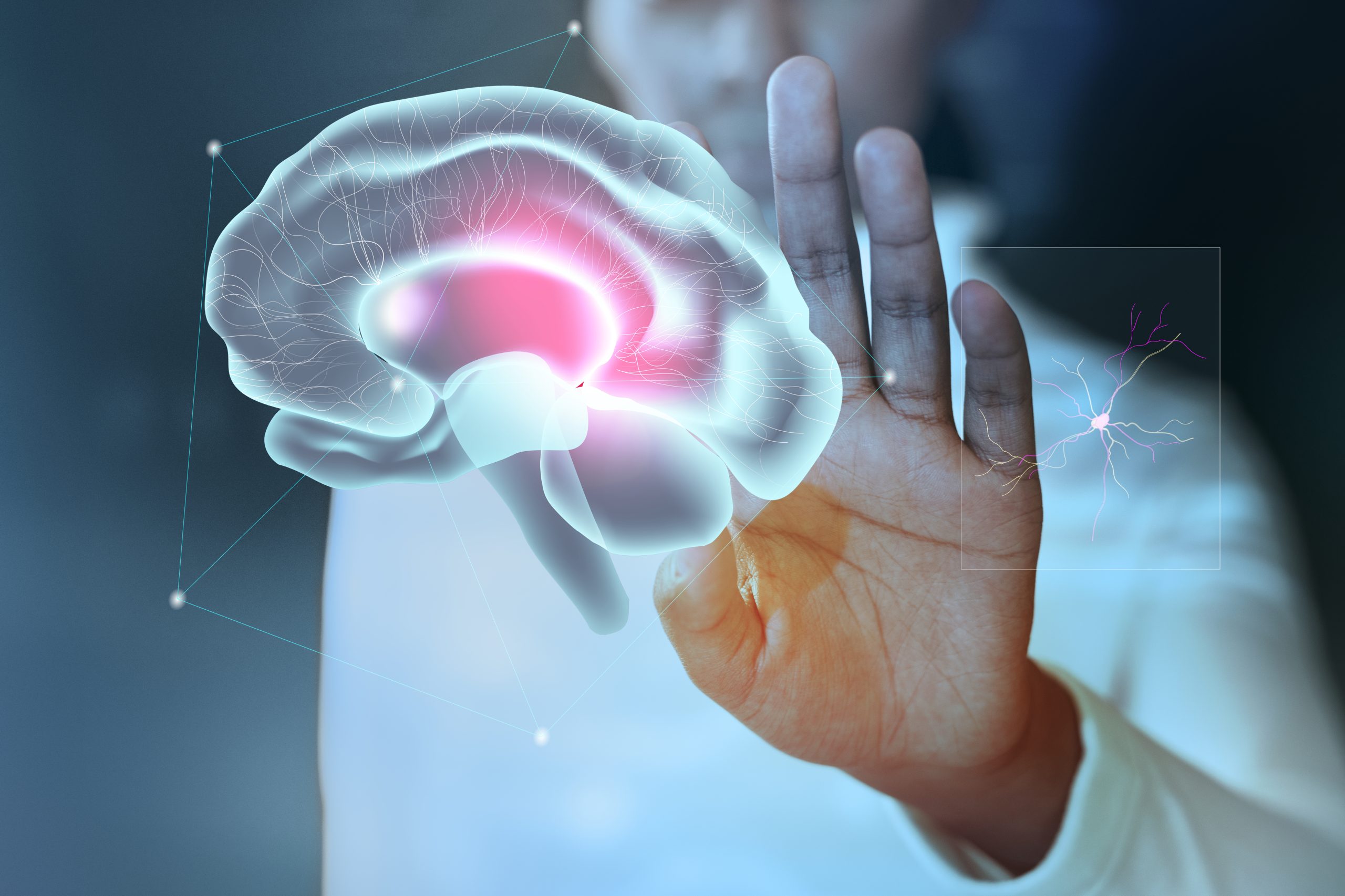Welcome
Neuropsychologists assess and support individuals affected by a range of disorders related to the nervous system.
What is Neuropsychology?
Neuropsychology focuses on understanding the connection between the brain and aspects such as behaviour, cognition, mood, and personality. It examines how brain injuries or neurological conditions may affect these areas. Additionally, we assess whether observed changes stem from organic causes (such as brain injury or disease) or functional causes (such as psychological or psychiatric factors). In many cases, individuals experience a combination of both, and our role is to help identify and clarify the underlying sources of these changes.
Our Clinical Approach
1. Identification & Assessment
We carefully evaluate the changes an individual is experiencing.
We determine whether these changes are linked to organic causes (such as brain injury or neurological illness) or functional causes (such as psychological or psychiatric factors).
In many cases, both may be present, and we work to clarify the underlying contributors.
2. Support & Empowerment
We guide the individual—and their support network—in:
Understanding the changes they are going through.
Gaining insight into the causes behind these changes.
Developing practical strategies for coping and moving forward.


Clinical and Neuropsychologists
About Us
We are a professional psychological and conflict resolution practice offering specialized services in Neuropsychology and Mediation. We focus on offering professional services that address both cognitive health and interpersonal disputes within the organization. Through our evidence-based assessments and therapeutic interventions, we help clients understand and manage neurological and psychological challenges. Our team is led by Dr. Manoke E.C. Kalane, a Clinical Neuropsychologist.
Our Blog
Mediation
Mediation is a form of Alternative Dispute Resolution (ADR) used to settle disputes outside of court. It involves a neutral third party—the mediator—who facilitates communication and negotiation between disputing parties to help them reach a mutually agreeable solution.
Though typically associated with civil cases, mediation can occasionally address non-violent criminal matters, such as harassment.
Mediation vs. Arbitration:
While both are ADR methods, mediation is collaborative and non-binding, whereas arbitration is more formal and often legally binding, resembling a court process without a judge.
Frequently Asked Questions (FAQs)
What services does your practice offer?
We offer five specialized services:
Neuropsychology
Mediation
Career Assessments
Scholastic Assessments
Placement Assessments
These services are designed to support cognitive health, personal development, academic success, and peaceful conflict resolution.
Who leads the practice?
The practice is led by Dr. Manoke E.C. Kalane, a Clinical Neuropsychologist with expertise in cognitive, emotional, and behavioral assessments, as well as therapeutic interventions and mediation.
What is Neuropsychology?
Neuropsychology is a field of psychology that focuses on how brain function affects behavior, cognition, and emotions. We conduct comprehensive assessments to diagnose and manage conditions such as learning difficulties, brain injuries, neurodevelopmental disorders, and cognitive decline.
What is Mediation?
Mediation is a confidential, structured process where a neutral facilitator helps individuals or groups resolve disputes constructively. It promotes open communication, mutual understanding, and cooperative solutions—without the need for formal legal proceedings.
What are Career Assessments?
Career assessments help individuals understand their interests, strengths, values, and personality traits to make informed career decisions. These tools are beneficial for students exploring options, or professionals considering a career change.
What are Scholastic Assessments?
Scholastic assessments evaluate a learner’s academic skills and cognitive abilities, such as reading, writing, math, memory, and attention. These are often used to identify learning difficulties and support educational planning or interventions.
What are Placement Assessments?
Placement assessments determine the most suitable academic or occupational setting for an individual. They are used to guide decisions about school readiness, special accommodations, or job placement to ensure optimal performance and development.
Who can benefit from your services?
We work with children, adolescents, and adults—whether they’re seeking academic support, career guidance, conflict resolution, or assistance with neurological or psychological concerns.
How can I schedule an appointment?
To book a session or learn more, click the link Contacts & Appointments or WhatsApp Us. Our team will help you choose the right service and guide you through the appointment process.



